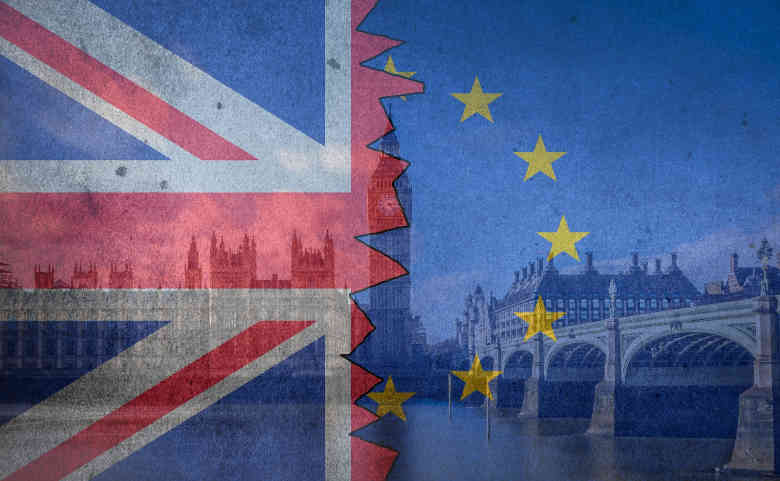CapX, May 5, Neil MacKinnon
The calamitous economic effects of Covid are now all too well known: precipitate falls in output and demand across major economies, and a massive hit to employment, especially for the self-employed and those working in the hospitality and service sectors.
Added to all that, severe travel restrictions have impeded international mobility. Not surprisingly, net migration to the UK has fallen for the first time in decades. To listen to some commentators, the prospect of lower post-Brexit immigration should be a cause for serious concern.
In a recent Daily Telegraph column, for example, Matthew Lynn argued that a dearth of EU workers would fundamentally reshape our economy and squeeze corporate profits because of higher wages and consequent requirements for greater investment in automation. This assumes that net migration is the tail that wags the dog when, in fact, the post-Brexit outlook for the economy will be shaped by the economic policy decisions our government is already implementing.
Getting those decisions right, free of EU restrictions, is what will make the UK economy attractive for investment and employment. Contrary to what some Remainers might have you believe, a fall in the number of EU migrants is not going to capsize the UK economy. Indeed, in some poorer communities, unfettered migration has had a negative impact on wages, employment and access to public services. A fall in net migration after Brexit should also spur the Government to properly focus on training unskilled British workers, so they can boost their wages and living standards.
Click here to read the piece in full.

